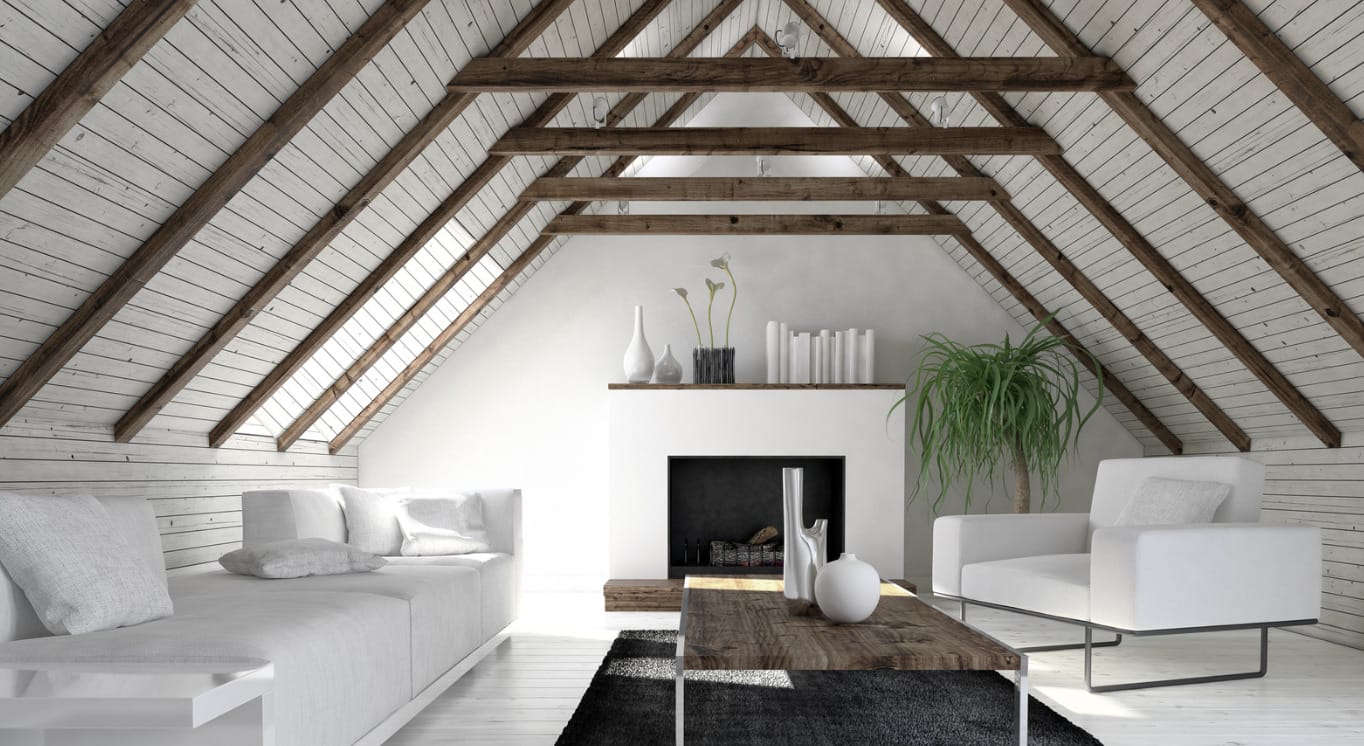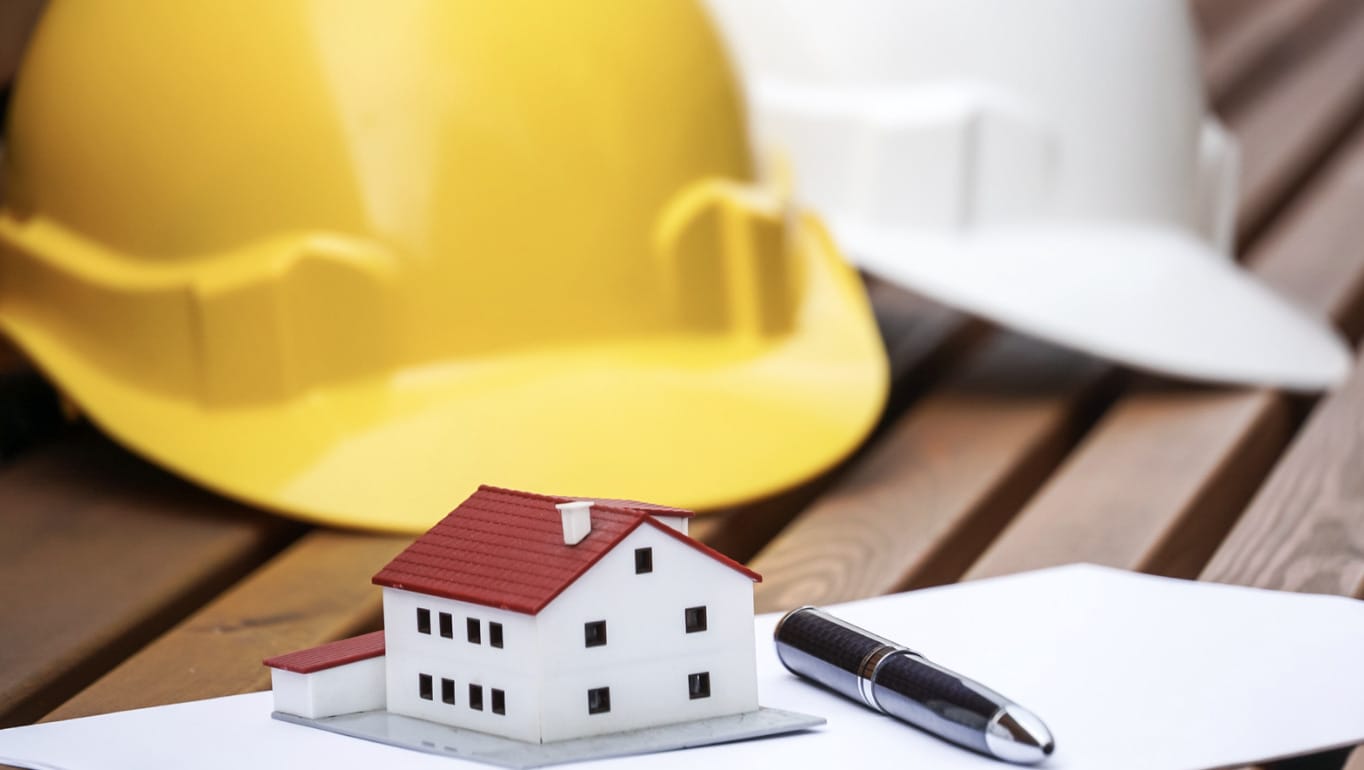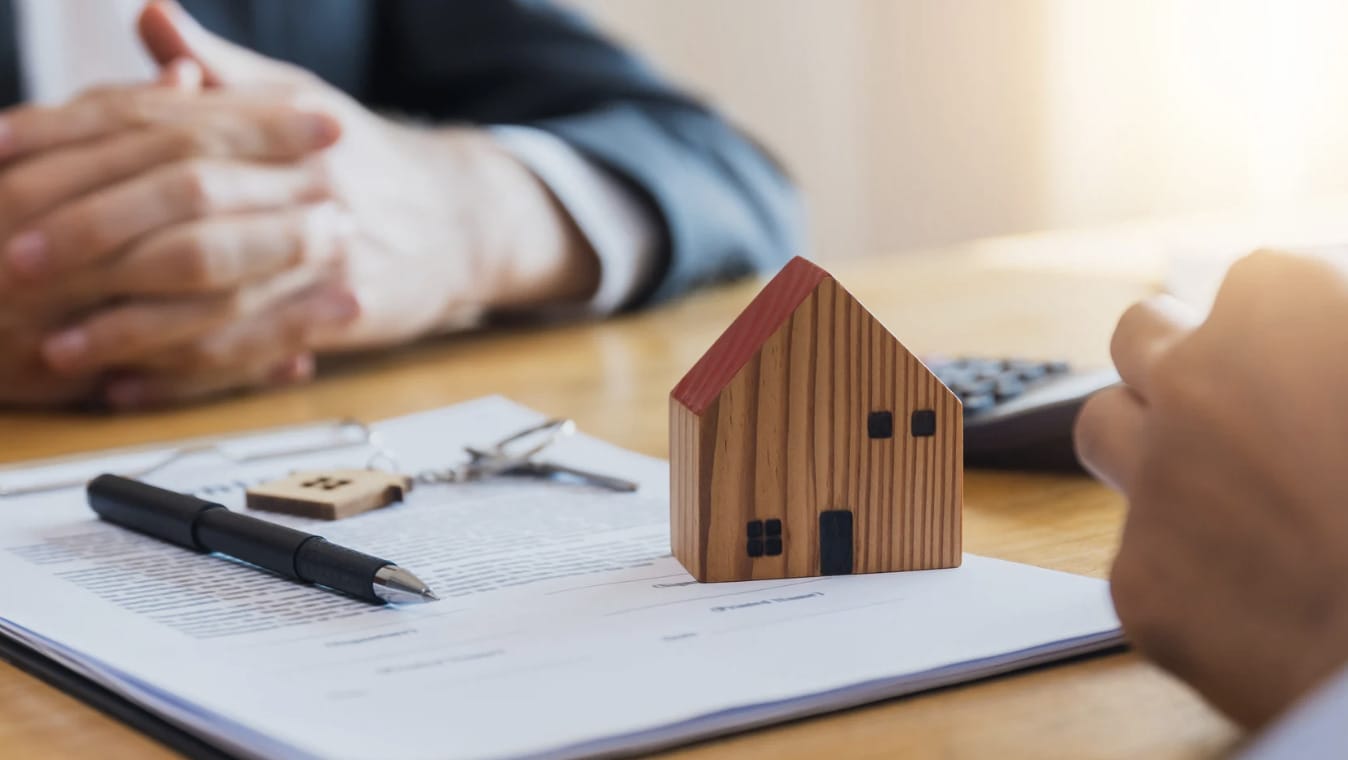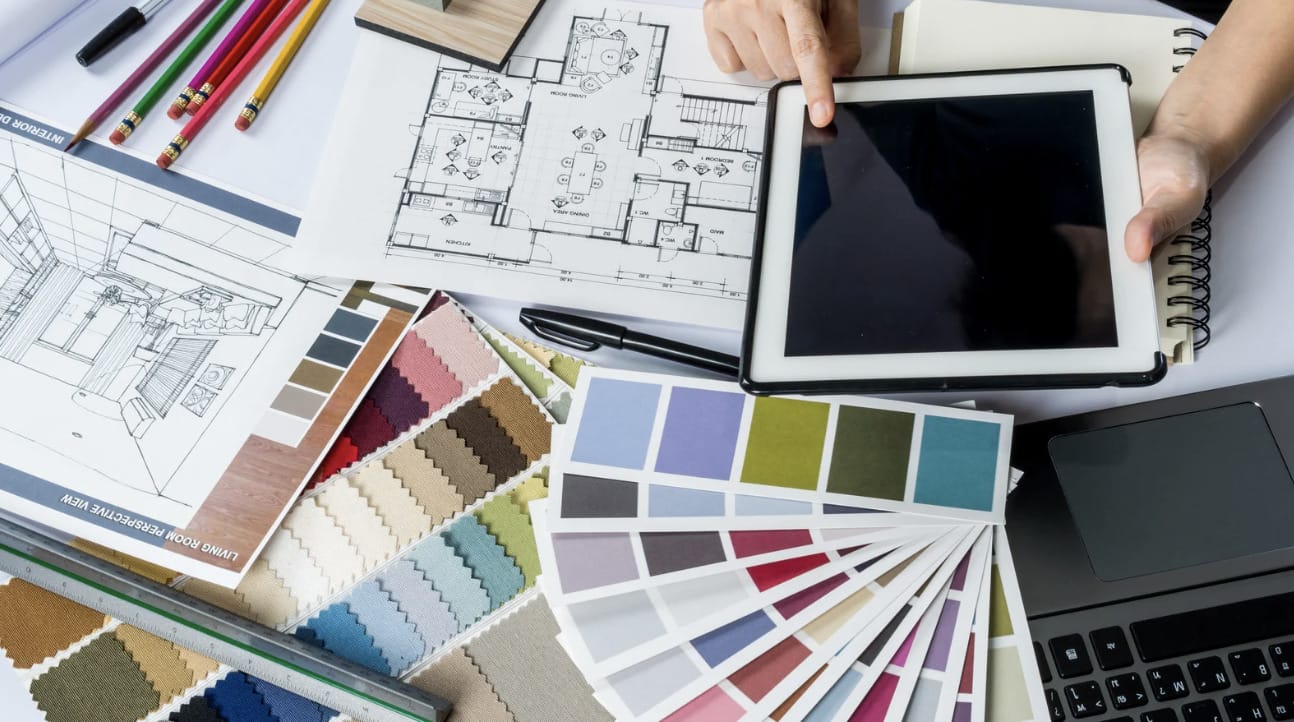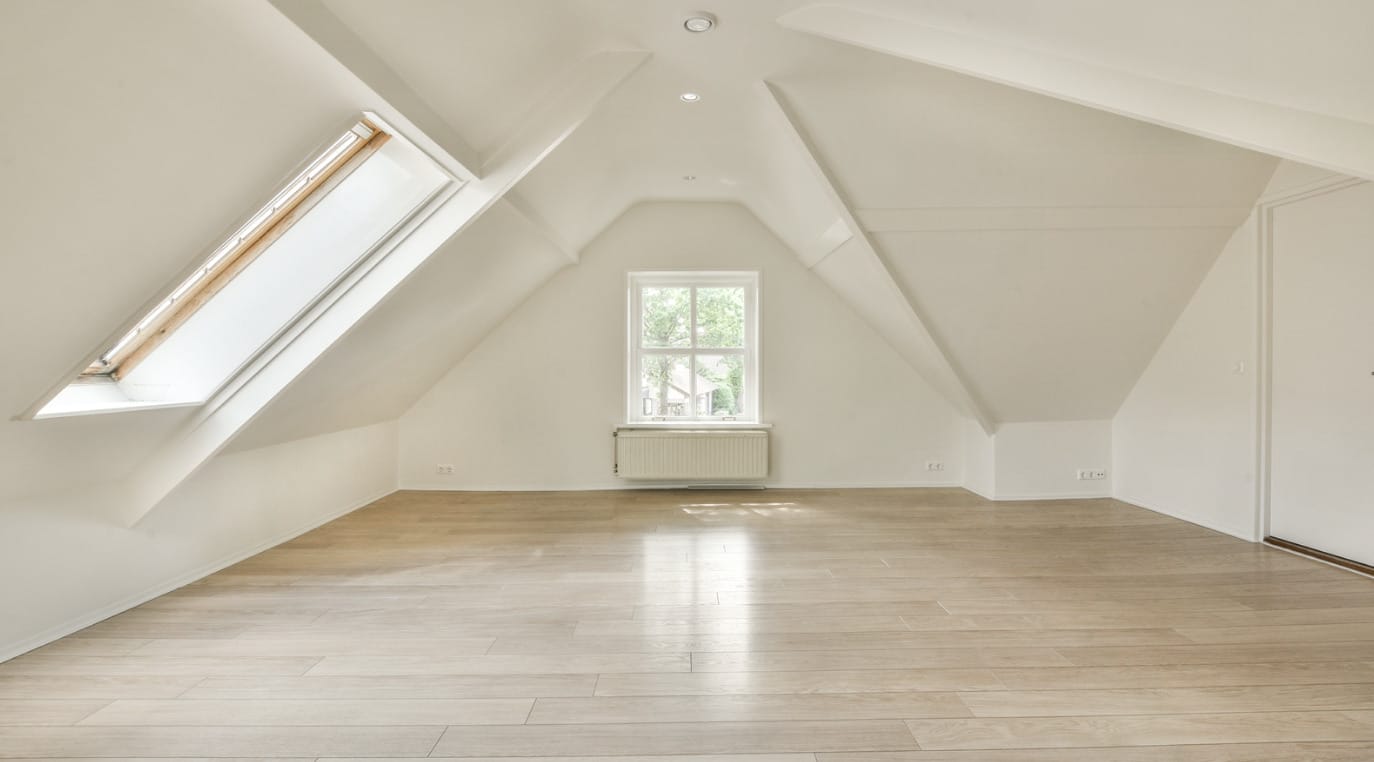Considering a loft conversion to enhance your living space and increase the value of your home?
As experts in house renovations and construction, with over a decade of experience, we provide authoritative guidance on the costs involved in transforming your attic into a functional and stylish area.
Whether you’re planning a simple bedroom addition or a complex redesign, this guide will help you understand the financial outlay of what a loft conversion might cost you.
Quick Summary
- In Canada, loft conversions can cost anywhere between $15,000 to $90,000.
- It’s important to analyze different budget quotes from contractors when planning for a loft conversion.
- The size of the loft, structural work, and location may affect the overall cost of a conversion.
How Much Does a Loft Conversion Cost in Canada?
Typically, a standard loft conversion in Canada carries an average cost of between $15,000 to $90,000. Nonetheless, this figure can fluctuate significantly based on the project’s scale and intricacy.
Expect a completion timeline of approximately 5-12 weeks from the onset of construction, following the acquisition of any required planning permits [1].
Types of Loft Conversion and their Costs
Here’s a detailed breakdown on the different types of loft conversions and their average costs in Canada:
1. Velux Conversions
A Velux conversion, also known as a roof light or skylight conversion, is a type of attic conversion that involves adding roof windows or skylights to an existing attic space.
This conversion method allows natural light to enter the attic, creating a brighter and more open living area without the need for major alterations to the roof structure.
The cost of a Velux conversion can vary depending on factors such as the size of the attic, the number of roof windows or skylights needed, and any additional features such as insulation and flooring.
On average, a Velux conversion for a 20 square meter area can cost between $15,000 to $25,000. However, it’s essential to obtain quotes from reputable contractors to get a more accurate estimate based on your specific requirements and the condition of your attic space..
2. Dormer Conversions
Dormer conversions involve extending the existing roof vertically to create additional headroom and floor space in the attic. This type of conversion is popular for its versatility and the potential to add significant living space to a property.
Dormers come in various styles, including flat roof, gable-fronted, and hipped roof dormers, each with its own aesthetic and cost implications.
Dormer conversions in Canada typically range from $30,000 to $60,000, depending on factors such as the size and complexity of the dormer, any necessary structural modifications, and the choice of materials.
3. Hip-to-Gable Conversions
Hip-to-Gable conversions involve extending the sloping sides of a hipped roof to create a vertical gable end, thus increasing the usable space within the attic.
This type of conversion is suitable for properties with hipped roofs, providing an effective way to maximize interior space.
Hip-to-Gable conversions in Canada generally cost between $40,000 to $70,000. The final price depends on factors such as the size of the attic, the extent of structural work required, and any additional features incorporated into the conversion.
4. Mansard Conversions
Mansard conversions feature a steeply sloped roof with dormer windows, creating a distinctive and elegant aesthetic while maximizing usable space within the attic.
This type of conversion is often chosen for its architectural appeal and the opportunity to create expansive living areas.
Mansard conversions in Canada typically range from $50,000 to $80,000. The final cost depends on factors such as the size of the attic, the complexity of the roof structure, and the choice of finishes and fixtures.
5. L-Shaped Conversions
L-Shaped conversions involve extending the existing roof in two directions to create an L-shaped attic space.
This type of conversion is ideal for maximizing floor space and creating separate zones within the attic for different purposes, such as bedrooms, bathrooms, or home offices.
L-Shaped conversions in Canada generally cost between $60,000 to $90,000, depending on factors such as the size and layout of the attic, any necessary structural modifications, and the choice of finishes and fittings.
It’s important to note that these cost estimates are averages and can vary based on factors such as the location, the specific requirements of the project, and the contractor’s rates.
Factors Affecting the Cost
It’s essential to understand what factors influence the cost of a loft conversion, as several variables can impact the overall price, including [2]:
1. Size and Type of Loft
The size of your loft and the type of conversion you desire play a significant role in determining the cost.
A basic conversion of a small loft will naturally be less expensive than a larger, more complex project involving structural changes.
2. Structural Work Required
Structural alterations, such as reinforcing floors, installing supports, or creating dormers, can substantially increase the cost. The extent of structural work needed depends on the existing layout and condition of your loft.
3. Design and Finish
Your choice of design, materials, and finishes will also impact the overall cost.
Opting for high-end fixtures and luxurious finishes will inevitably drive up expenses compared to more budget-friendly alternatives.
4. House Condition
The age and condition of the house play significant roles in the loft conversion process. Older properties often necessitate more substantial structural modifications or updates to comply with building regulations.
“During a loft conversion, concerns like dampness, rot, or insufficient insulation may require extra attention, contributing to the total expenses of the project.” – Mike Wieninger, COO PCL Construction
4. Building Regulations and Permissions
Depending on your location and the scope of the project, you may need to obtain planning permission or adhere to building regulations. Factor in any associated fees and potential additional costs for compliance.
5. Selection of Materials and Finishes
The materials and finishes chosen, including flooring, insulation, windows, and fixtures, have a notable impact on expenses. Opting for premium or custom materials will raise costs in contrast to standard choices.
6. Fees for Contractors and Professionals
Engaging skilled professionals such as architects, engineers, builders, and tradespeople will involve fees that add to the total expense. While quality craftsmanship and expertise may come at a higher price, they can guarantee a well-executed and long-lasting loft conversion.
4 Things to Keep in Mind When Planning a Loft Conversion
Below are further aspects to take into account during the process of your loft conversion.
1. Return on Investment (ROI)
While a loft conversion can add significant value to your home, it’s essential to consider the potential return on investment.
Factors such as market trends, location, and the quality of the conversion will influence the resale value of your property.
2. Financing Options
If you’re concerned about the upfront cost of a loft conversion, explore financing options such as home improvement loans, lines of credit, or refinancing your mortgage.
Be sure to weigh the pros and cons of each option and choose the one that best suits your financial situation.
3. Choosing the Right Contractor
A successful loft conversion relies heavily on the expertise and reliability of your contractor.
You should take the time to research and interview multiple contractors, checking their credentials, past projects, and client reviews before making a decision.
4. Design and Aesthetics
Take time to carefully plan the layout and design of your loft conversion to maximize space utilization and create a visually appealing living area that aligns with your aesthetic preferences.
Tips To Save Money on a Loft Conversion
Here are some tips to help you reduce the expenses of your loft conversion:
- Seek multiple quotes: It’s advisable to gather at least three quotes for any construction work to ensure you’re offered a reasonable price.
- Opt for a fixed-price contract: With a fixed contract, the price remains stable unless specific circumstances arise, preventing unexpected price hikes down the line.
- Source your own fixtures and fittings: Scouring online platforms like eBay, as well as exploring second-hand and auction sites, can lead to significant savings on fixtures and fittings.
- Allocate a contingency budget: Set aside an extra 20% of your total budget to cover unforeseen additional expenses.
If you have any questions, don’t hesitate to contact our team or check our homepage for more information.
Related Article: Innovative Ways to Design Your Loft Space
FAQs
Is a Loft Conversion Cheaper Than an Extension?
Generally, yes. Loft conversions often cost less per square foot compared to extensions because they utilize existing space, but costs vary depending on the specifics of the project.
Is Building a Loft Expensive?
Loft conversions can be pricey, but they’re often more cost-effective than other types of home renovations per square foot, as they make use of existing space rather than adding new structures.
What Is the Most Expensive Part of a Loft Conversion?
The most expensive aspects are usually structural work and adding plumbing or electrical systems, especially if significant alterations to the existing structure are required. These costs can vary depending on the complexity of the project and the condition of the existing space.
Reference:
- https://canurb.org/wp-content/uploads/The-Case-for-Conversions-FINAL.pdf
- https://amazinglofts.co.uk/blog/understanding-the-factors-that-influence-the-cost-of-a-loft-conversion/

